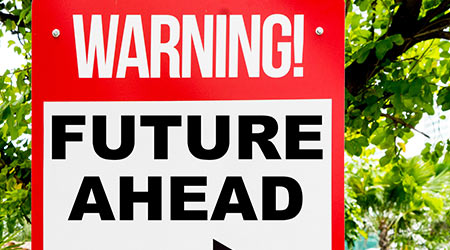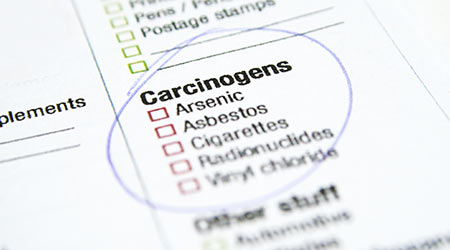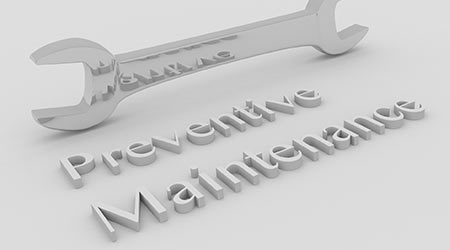
Resilience Standard Adopted by USGBC
December 7, 2017
The RELi standard has been adopted by GBCI (Green Business Certification, Inc.). The RELi standard focuses on hazard preparation and adaptation, including mitigating ongoing risks both at the building and neighborhood scale.
RELi's Hazard Mitigation and Adaptation credits will be synthesized with the LEED Resilient design pilot credits, according to USGBC.
A steering committee has been created, chaired by Doug Pierce, the principal investigator for the RELi 1.0 standard and senior associate at Perkins+Will. RELi was first developed by the Institute for Market Transformation to Sustainability and its Capital Markets Partnership coalition in 2012.
With RELi’s adoption by the USGBC, the standard will be similar to but independent from LEED, and will be managed and operationalized by USGBC and GBCI, according to Perkins+Will.
RELi already includes many LEED prerequisites and credits for sustainability, but its focus on resilience has environmental, social, and economic dimensions. Some criteria particular to RELi include providing fundamental access to first aid, emergency supplies, water, food, and communications; and provide for social equity and edible landscaping, urban agriculture, and resilient food production.
Pilot projects using RELi are underway at the Oklahoma Medical Center in Oklahoma City, Okla., and the Christus Spohn Hospital in Corpus Christi, Texas, as well as in Washington, D.C., and Minnesota.
This Quick Read was submitted by Naomi Millán, senior editor, Building Operating Management. To learn more about available resilience rating systems, go to www.facilitiesnet.com/17292bom.
Next
Read next on FacilitiesNet












